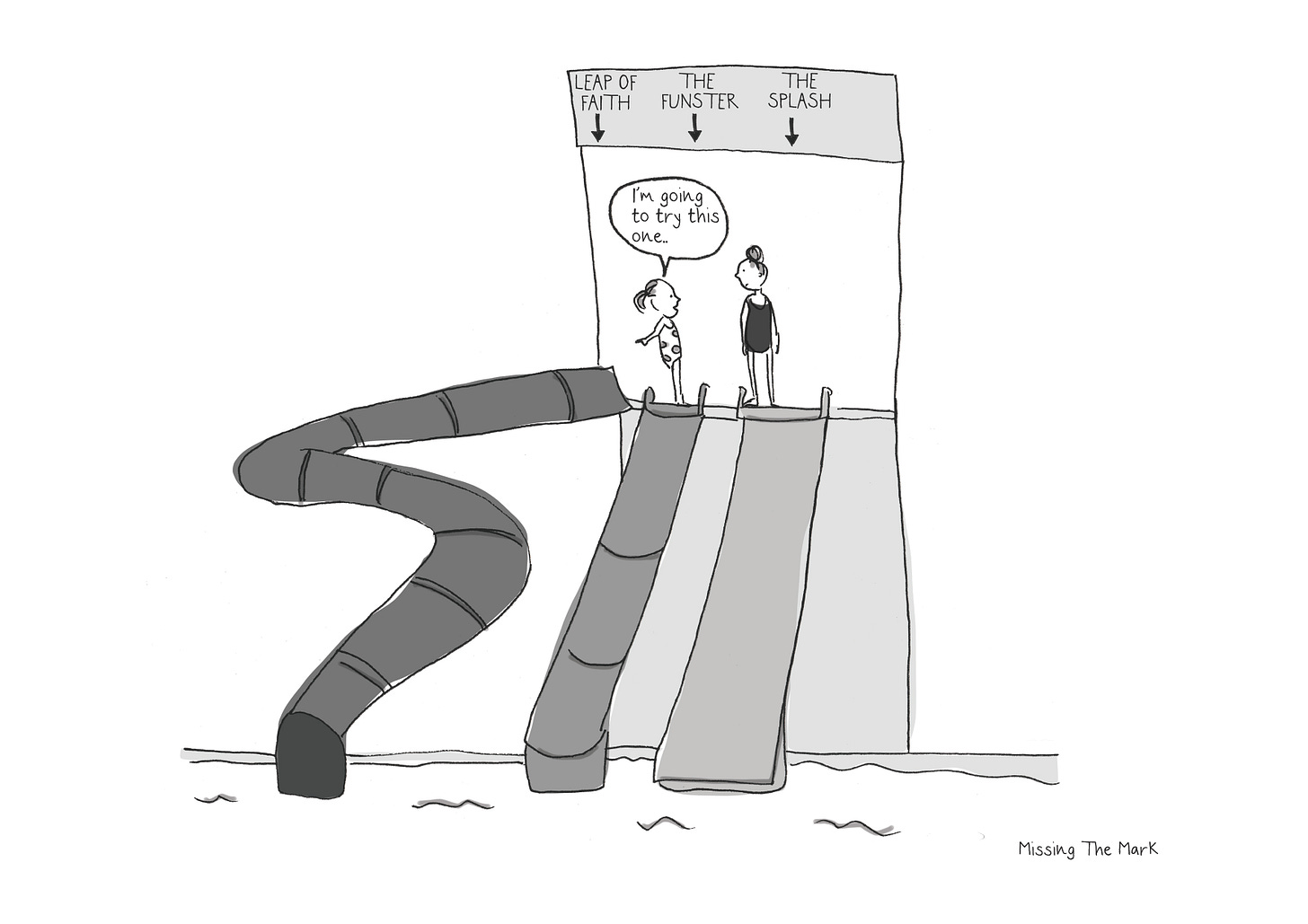I’m often asked by parents whether things about their children will change, or whether they will always be this way. Mostly, I have to admit that we just don’t know. Honestly, we don’t know. No matter how many tests we might do, or how many letters we might have after our name.
Human development is extraordinarily complicated and there are few guarantees.
We don’t know if your social butterfly will still be surrounded with friends when she’s 18. We don’t know if your chicken-nuggets-only 7-year-old will still make those choices aged 20. We don’t know if a child who reads all day long when they are ten will grow up to be a bibliophile or a writer, or something else entirely.
We just don’t know how children will change.
We don’t know if your child who struggles to relate to others will always be like that. We don’t know if your child whose sensory issues are so intense that they can’t wear anything except pyjamas will wear jeans one day. We don’t know if your child will always feel like an outsider or if they will find their people. We don’t know if they will continue to prefer to run rather than walk.
What we do know is that they do change. Part of parenting is making space for those changes. We need to avoid pinning our children down to being ‘the shy one’ or ‘the clever one’ or ‘the naughty one’. We need to make space for them try on different identities for size, and to move between different social groups. To experiment with different ways of being them.
For that is what growing up is all about.
And here’s the thing. Giving your child a neurodevelopmental diagnosis doesn’t mean that we have any more information about what will change and what won’t. We’ve just given how they are right now a name. We still don’t know how they will change, and how they won’t. A diagnosis is a description, not an explanation. It doesn’t mean that we (or anyone else) knows how your child will change as they grow up.
What we do know is that environment matters. What happens to a child matters – and that’s where parents can make a difference.
Next week
and I are talking about the experience of your child getting a neurodevelopmental diagnosis. What does it mean, what doesn’t it mean, and what do you do next? We’re combining Eliza’s lived experience with my professional experience – her child has been given a diagnosis, and I have given diagnoses.Please share with parents who might want to know.




